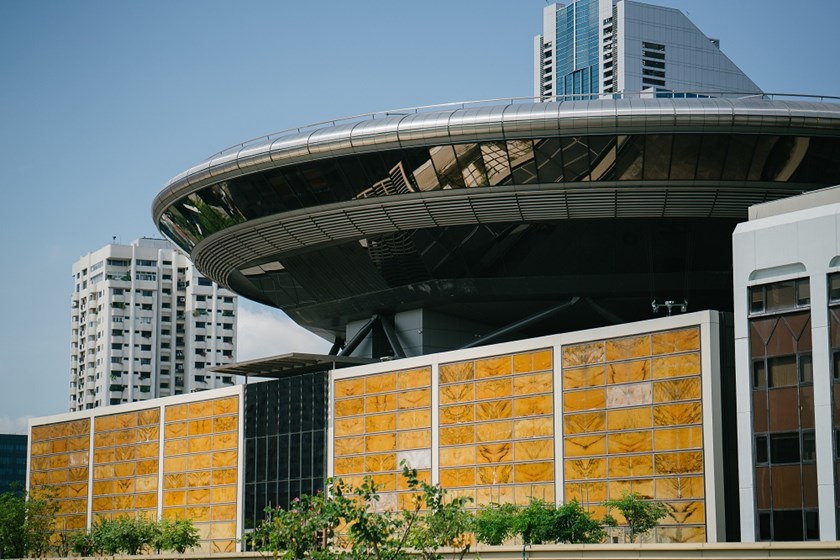Unexplained Wealth Orders: latest developments
Insight

The use of Unexplained Wealth Orders ("UWOs") has come under greater scrutiny following the Court of Appeal’s refusal of the National Crime Agency’s (the "NCA") application for permission to appeal the first instance decision in NCA v Baker & Ors [2020] EWHC 882 (Admin). We provide a brief update in relation to the case below, and then examine the current landscape in relation to UWOs in light of that decision.
Our June briefing looked at the case law concerning UWOs and the practical implications they might have for trustees. After several notable successes in other cases, in Baker, the NCA obtained UWOs in relation to three London properties which were supposedly acquired using suspected illicit funds from the late Rakhat Aliyev, a former senior Kazakh official, who was previously married to Dariga Nazarbayeva, a prominent Kazakh politician and the daughter of the former President of Kazakhstan.
During the proceedings, the respondents voluntarily provided extensive information concerning the purchase of the properties and revealed that the ultimate beneficial owners of the properties were Ms Nazarbayeva and her son with Mr Aliyev. However, the High Court discharged the UWOs and related interim freezing orders earlier this year, principally basing its decision on: (i) findings regarding a number of assumptions and deficiencies in the NCA’s evidence, and (ii) the respondents clarifying the source of the funds used to acquire the properties and thereby being able to challenge the factual basis of the NCA’s case.
The NCA appealed the decision and in June, the Court of Appeal rejected the application for permission to appeal on the basis that there was no real prospect of the NCA overturning all of the first instance findings in relation to the requirements for making the UWOs or interfering with the findings of fact.
In doing so, the Court of Appeal also affirmed the High Court’s comments that the use of complex offshore structures and trusts on its own cannot constitute a ground for believing that they are being used for unlawful purposes: "Lang J correctly stated that complexity does not automatically give rise to a reasonable basis for suspicion in itself. Otherwise, the approach would be one that failed to recognise that there are lawful reasons for the existence of complex corporate structures".
Since the Court of Appeal’s decision, the NCA has indicated that it will continue to use UWOs. Having been introduced in January 2018, it is still early in the lifecycle of UWOs. As the Court of Appeal noted: "... this is a relatively new jurisdiction which may at the appropriate time benefit from further judicial interpretation, such matters are better addressed in an appeal with a real prospect of success".
We await to see the impact that the Baker litigation will have on the use of UWOs. The decision is clearly a setback, not least because it is reported that a potentially significant adverse costs award may follow. The Baker litigation does demonstrate that the English Courts will apply the legislation rigorously, such that wealth that is truly unexplained may be scrutinised where appropriate, but subject to an effective system of checks and balances.
If you require further information about anything covered in this briefing, please contact Tom Williams or your usual contact at the firm on +44 (0)20 3375 7000.
This publication is a general summary of the law. It should not replace legal advice tailored to your specific circumstances.
© Farrer & Co LLP, August 2020






